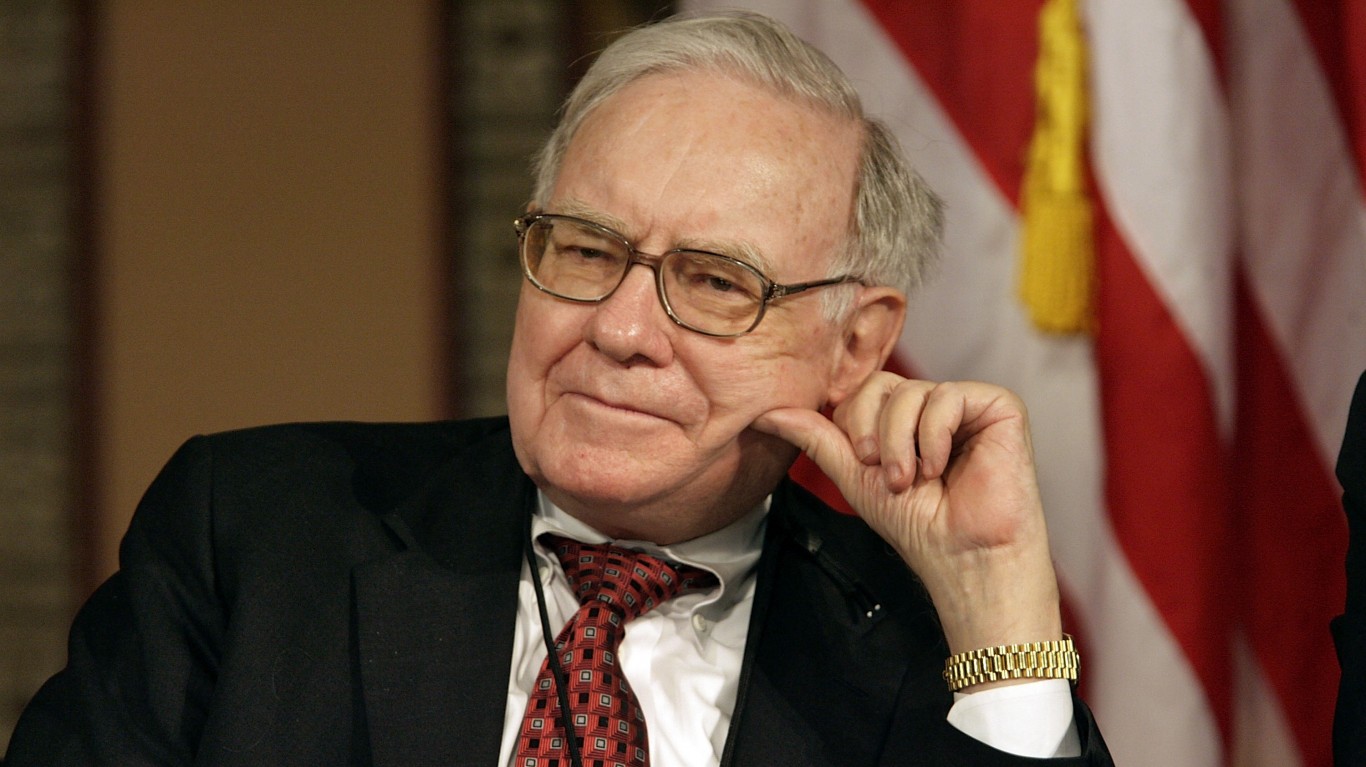
Shortly after Tuesday’s opening bell, the Dow Jones industrials were trading up 0.15%, the S&P 500 up 0.09% but the Nasdaq 0.05% lower.
After U.S. markets closed on Monday, cannabis grower Tilray reported fiscal third-quarter results that missed both top-line and bottom-line estimates. Undeterred, the company then announced that it was acquiring much smaller rival Hexo in an all-stock deal for around $1.25 per share. Tilray shares traded down about 8.7% early Tuesday.
Before U.S. markets opened on Tuesday, CarMax reported better-than-expected earnings per share (EPS) and revenue for its fourth quarter that ended in February. The used car seller affirmed guidance issued last April for sales of 2.0 million to 2.4 million vehicles by 2026, generating $33 billion to $45 billion in revenue. Shares traded up 7.6% early Tuesday.
Albertsons also beat estimates on both the top and bottom lines. Shares traded down about 1.5% early in Tuesday’s regular session, largely due to lingering uncertainty about the company’s proposed merger with Kroger.
Here are previews of three firms set to report quarterly results before U.S. markets open on Thursday.
Stay tuned for Wednesday’s previews of the first tranche of first-quarter bank earnings, the unofficial start to the new earnings season.
Delta Air Lines
Since posting a post-pandemic high in April of last year, Delta Air Lines Inc. (NYSE: DAL) stock has dropped by about 26.6%. Over the past 12 months, however, shares have dropped by about 7.5%, and for the year to date, the stock is up 3.4%. Since a recent high in early March, the stock is down 14.5%. That drop followed an agreement between Delta and its pilots’ union that added 34% to pilot pay over four years. Combined with fuel costs, Delta and its competitors will be hoping for consumer demand for flights, just about the only thing keeping ticket prices high and revenues steady.
The stock is a unanimous Buy, with all 20 having ratings of Buy or Strong Buy. At a recent price of around $34.00 a share, the upside potential based on a median price target of $48.00 is 41.2%. At the high price target of $81.00, the upside potential is about 138%.
For the first quarter of fiscal 2023, the consensus revenue forecast is $12.36 billion, which would be down 8.0% sequentially and up 32.2% year over year. The airline is expected to post EPS of $0.31, down 78.7% sequentially and well above a loss of $1.23 per share in the year-ago quarter. For the full fiscal year, analysts are forecasting EPS of $5.36, up 67.4%, on sales of $55.65 billion, up 10%.
Delta’s stock trades at 6.3 times estimated 2023 earnings, 5.0 times estimated 2024 earnings of $6.74 and 4.2 times estimated 2025 earnings of $8.07 per share. The stock’s 52-week trading range is $27.20 to $46.27. The company has suspended its dividend payment, and its total return for the past 12 months was negative 7.54%.
Infosys
Bengaluru-based information technology firm Infosys Ltd. (NYSE: INFY) has suffered a 26.6% decline in its share price over the past 12 months. The stock posted its 52-week high exactly one-year ago Tuesday. The better news is that after posting its 52-week low in late September, the stock price jumped by nearly 25% in late November and has posted an increase of 5.7% as of Monday’s close. Infosys has historically generated solid revenue from banks, especially regional banks, and financial services. That does not augur particularly well for the rest of this year.
Of 39 brokerages covering Infosys stock, 33 have a Buy or Strong Buy rating and another four rate it at Hold. At a share price of around $17.40, the upside potential based on a median price target of around $20.90 is 20.1%. At the high price target of about $25.30, the upside potential is 45.4%.
For the fourth quarter of fiscal 2023, the consensus revenue forecast is $4.74 billion, up 2.3% sequentially and by 8.2% year over year. Infosys is expected to post EPS of $0.19, up 1.3% sequentially and up a penny year over year. For the full fiscal year that ended in March, analysts are forecasting EPS of $0.71, up 3.5%, on sales of $18.05 billion, up 12.7%.
The company’s stock trades at 24.4 times estimated 2023 earnings, 21.4 times estimated 2024 earnings of $0.82 and 19.0 times estimated 2025 earnings of $0.92 per share. The stock’s 52-week range is $16.39 to $23.45. The company pays an annual dividend of $0.40 per share (yield of 2.32%), and its total return for the past 12 months was negative 25.28%.
Progressive
Progressive Corp. (NYSE: PGR) is an insurance holding company offering personal and commercial insurance products, including auto, property and liability coverage. The stock price has risen by nearly 26% over the past 12 months. Progressive’s stock is a favorite of the smart money, with about 87% of shares outstanding held by institutions. The company said it had only limited exposure to the carnage in the banking industry. On Monday, Jefferies maintained its Buy rating on the stock and lifted its $159 price target to $168.
Of the 19 analysts covering the stock, eight have Hold ratings and eight more have a Buy or Strong Buy rating. Shares closed at $149.00 on Monday, above the median price target of $147.00. At the high target of $177.00, the implied upside is the stock is 18.8%.
First-quarter revenue is forecast at $16.01 billion, down 28.5% sequentially but up by about 17.5% year over year. Adjusted EPS are pegged at $1.36, down 10.1% sequentially and 18.3% higher year over year. For the full 2023 fiscal year, analysts currently forecast EPS of $6.37, up 68.8%, on revenue of $60.43 billion, up 18.3%.
Progressive’s stock trades at 23.2 times estimated 2023 earnings, 18.5 times estimated 2024 earnings of $8.02 and 15.2 times estimated 2025 earnings of $9.72 per share. The stock’s 52-week range is $106.35 to $149.08, and the high was posted Monday. The company pays an annual dividend of $0.40 per share (yield of 0.27%), and its total return for the past 12 months was 24.85%.
It’s Your Money, Your Future—Own It (sponsor)
Retirement can be daunting, but it doesn’t need to be.
Imagine having an expert in your corner to help you with your financial goals. Someone to help you determine if you’re ahead, behind, or right on track. With SmartAsset, that’s not just a dream—it’s reality. This free tool connects you with pre-screened financial advisors who work in your best interests. It’s quick, it’s easy, so take the leap today and start planning smarter!
Don’t waste another minute; get started right here and help your retirement dreams become a retirement reality.
Thank you for reading! Have some feedback for us?
Contact the 24/7 Wall St. editorial team.

 24/7 Wall St.
24/7 Wall St. 24/7 Wall St.
24/7 Wall St.



